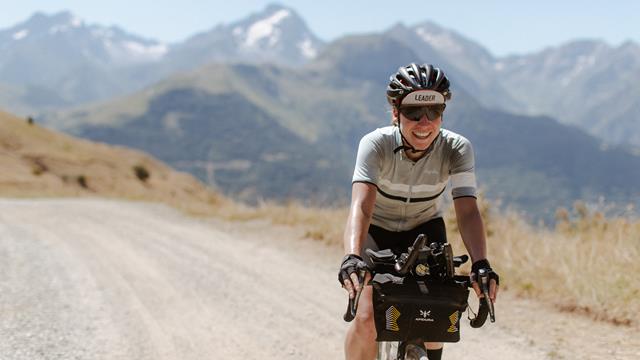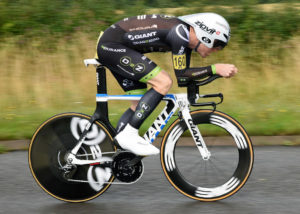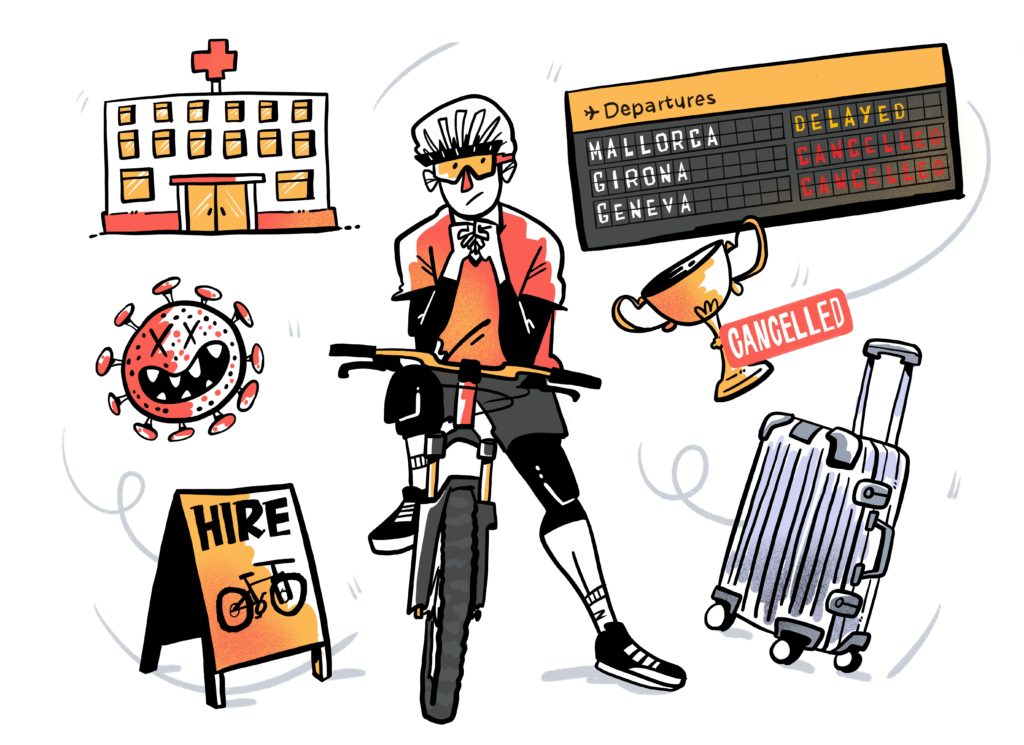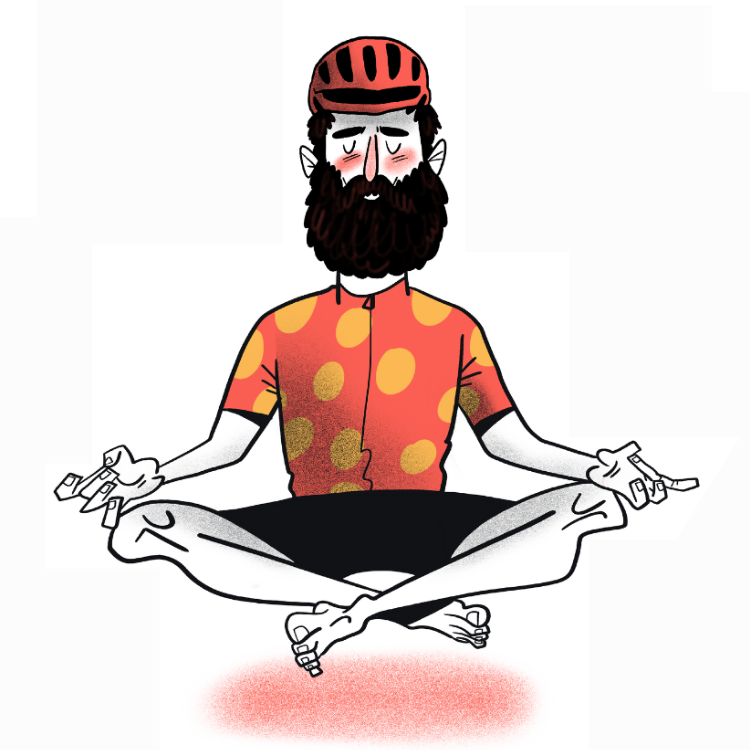Fiona Kolbinger, the 24-year-old cancer researcher from Germany, has taken victory in the seventh edition of the Transcontinental Race. She arrived in Brest, France just ten days, and two hours after leaving Burgas in Bulgaria – yes, you read that correctly, Bulgaria.
That’s a staggering distance of about 2,485 miles, or 4,000 kilometres, in just ten days. She didn’t take the shortest route, either. The race route is free for each rider to determine on their own, but with four mandatory checkpoints which they must all pass through. This means that the riders will all cover roughly the same distance but may take very different routes. Some opting for more, but flatter miles, and others taking shortcuts through tough terrain – even over gravel. The Transcontinental is as much about route planning as it is about pedalling.
https://www.instagram.com/p/B00Agcngu_H/
Kolbinger took the win through a combination of great planning and a simply unbeatable level of endurance. She rode on average 400km a day, often riding deep into the night, but the victory surprised even her.
“I am so, so, surprised to win. Even now. When I was coming into the race I thought that maybe I could go for the women’s podium, but I never thought I could win the whole race,” she said. Although she wasn’t content with just beating the next best rider by 120 miles. “I think I could have gone harder. I could have slept less.”

Some might say, ‘so what?’, to the fact that a woman has won the Transcontinental. After all, women have proven more than once before that in ultra-endurance sport they can compete with and beat the men. Just ask Lael Wilcox, winner of the Trans Am bike race in 2016! That’s to say nothing of ultra-runner, Jasmin Paris, who won an ultra-marathon called the Spine Race, blowing away a mixed field of men and women on the 268-mile mega-course. Just the thought of that much running makes our shins hurt.
As former Transcontinental rider and ultra-expert, Grace Lambert-Smith, put it on her blog, “I’ve known a woman could win this race […] It was a case of when, not if.”
So if it was inevitable, why does this win matter?
Well for starters, it’s got everyone talking about ultra-racing – and women in ultra-racing, in particular – so straight away we can only see that as a good thing. have you ever seen a race like the Transcontinental on the BBC or ITV news websites before?
Representation also really matters, so for others thinking of entering, Kolbinger represents a real example of a woman taking victory in the most prestigious bikepacking race in Europe, possibly the world. Don’t be surprised if the number of women on the start line in 2020 is considerably higher than the 40 (out of 240) that rolled over the whitewash this year in Burgas.
Words by Tom Owen









